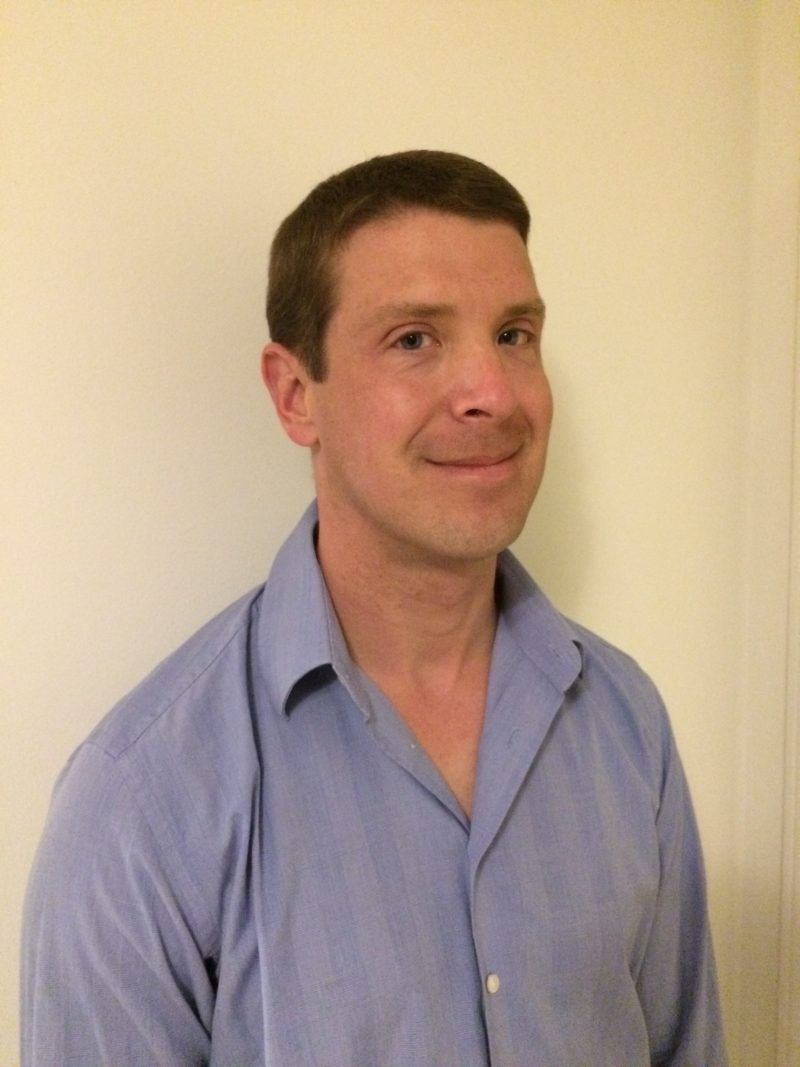

Michael Boyce
Michael Boyce obtained his B.A. in biochemistry from Harvard College and his Ph.D. in cell biology from Harvard Medical School in the laboratory of Ying Yuan. He performed postdoctoral research in chemical biology and glycobiology at the University of California, Berkeley, with Carolyn Bertozzi, and has been an Assistant Professor of Biochemistry at the Duke University School of Medicine since 2012. Boyce has received fellowships or career awards from the Albert J. Ryan Foundation, the National Science Foundation, the Life Sciences Research Foundation/Howard Hughes Medical Institute, the Whitehead Scholars Program, the Sydney Kimmel Foundation for Cancer Research and the Mizutani Foundation for Glycoscience, in addition to his 2013 Rita Allen Foundation Scholar award. Boyce is also active in promoting diversity and inclusion in the biosciences and serves on the national Minorities Affairs Committee of the American Society for Cell Biology.
The long-term goal of the Boyce lab is to understand the role of protein glycosylation in mammalian cell signaling and physiology. Protein glycosylation is the most abundant post-translational modification in nature and, as a sugar-based modification it lies at the nexus of cell signaling and cell metabolism. However, because glycosylation is a dynamic, non-templated and chemically complex process, it can be difficult to study with conventional biological techniques alone. The lab uses a range of biochemical, cell, chemical and structural biology methods to dissect the role of protein glycosylation in mammalian cells. Current work focuses on two specific aspects of glycosylation: first, understanding how dynamic signaling by O-linked b-N-acetylglucosamine on intracellular proteins senses and regulates cell physiology; and second, investigating the cell- and systems-level regulation of nucleotide-sugar metabolites in health and disease.